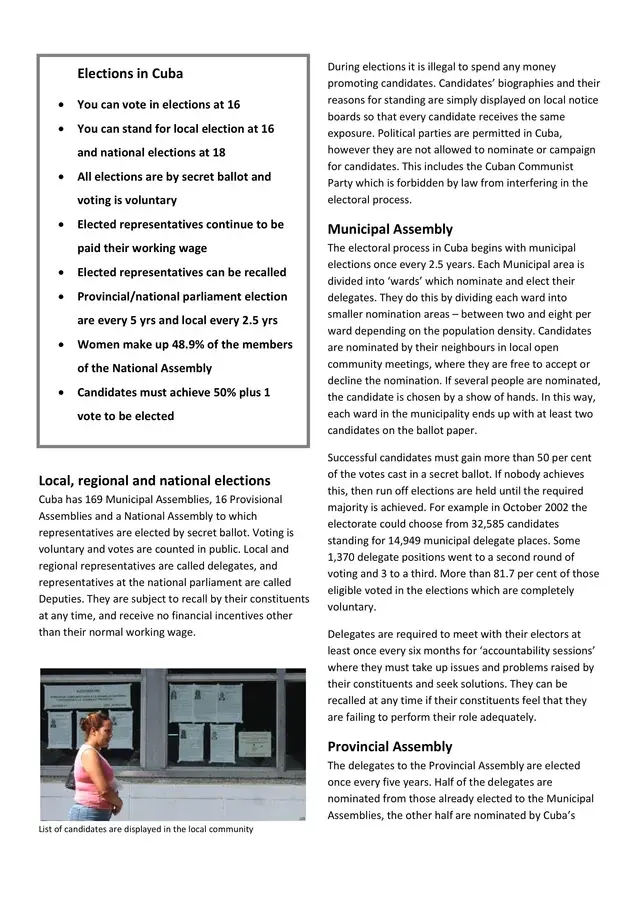this post was submitted on 05 Feb 2024
95 points (99.0% liked)
chapotraphouse
13473 readers
1 users here now
Banned? DM Wmill to appeal.
No anti-nautilism posts. See: Eco-fascism Primer
Vaush posts go in the_dunk_tank
Dunk posts in general go in the_dunk_tank, not here
Don't post low-hanging fruit here after it gets removed from the_dunk_tank
founded 4 years ago
MODERATORS
you are viewing a single comment's thread
view the rest of the comments
view the rest of the comments




So the part I don't get is how a lot of these countries end up with the same leaders for life? You think if they were so democratic that they'd change out occasionally. I know the USSR changed leaders a few times after Stalin and not sure what's happening with Cuba now, I think they just put in term limits, but before that there was Stalin for decades, Fidel Castro for decades, Mao, now Xi Jinping, etc. Keeping one leader for that long gives an opportunity for them to centralize power.
I also worry that so many representative layers dilutes the people's will from the bottom to the top, but to be honest, I have no idea of that's true or just a gut feeling. I'd have to see some study, like the one that showed that popular will doesn't seem to affect whether something happens in the US unless rich people are also for it lol.
Other than that, it sounds pretty good. I definitely have to do more research in that European democracy movement. We could definitely do with some more democracy in the US (less gerrymandering, no electoral college, etc.). Thanks for the explanations!
Typically it's because to win the election in the first place, you need to be pretty popular. There are cases of unpopular leaders who, while they did some things right, had such massive problems that they were tossed out -- Khrushchev is the perfect example of that, but if someone proves that they are good at what they are doing, as Stalin did, as Fidel Castro did, and so on, people are going to generally support that person. Even when someone has a real decline in the quality of leadership (see Mao, though I think the issue is overstated beyond sheer senescence right at the end), if they were involved in something like personally saving the party and leading the revolution to victory while overseeing a doubling in life-expectancy and an end to the vast majority of colonial occupation and reactionary practices like footbinding, spread in literacy and healthcare, etc. etc.
Each of those individual things can completely change someone's life for the better, so you get a whole lot of good will you need to burn through by fucking up before people abandon you.
An example of this perspective can be seen in part of a talk Michael Parenti gave:
spoiler
If someone taught me to read when I grew up illiterate, gave me a hospital where before the nearest one was many hours away, gave my family a way to safely make a living, I'd probably be grateful to him for the rest of my life, too.
Now, there's the matter of what should happen, because term limits are principally reactionary (money has no term limit, so it ends up controlling elections that have them), but age limits* are necessary and part of the reason for the customary term limits in China after how old Mao got. We have yet to see what Xi will do or how long he will seek re-election for, but the thing keeping him there is that he has transformed people's lives by the tens of millions and improved lives by the hundreds of millions, so they believe in him.
*Or cognitive assessments
Damn that's a powerful passage. Thanks for that. It reminds me of the Jon Oliver segments where they interview normal people affected by terrible US policies or lack of regulation. So it's the same thing that probably would've allowed FDR to keep running if he hadn't died. Although that was scary enough that the US immediately put in term limits afterwards.
That's true, but scary for who?